Creating moments for more casual conversation is essential for any event, and underpins the opportunity for sustainable knowledge transfer, says Karen Tocher, business events manager at the Dundee & Angus Convention Bureau.
Whether corporate, academic, or social, any event can be a natural conduit for sharing knowledge. The transfer of knowledge in the business events sector has a significant value, with the UK’s ‘knowledge economy’ currently thought to be worth around £95m a year. But it’s not just about the financial benefits, as there are other, more long-lasting impacts of effective knowledge transfer.
When it comes to the events and conference sector, not all knowledge is transferred through formal means such as a speaker on the stage or a well-thought-out presentation. The informal also matters. And it is at physical events that this less formal approach can come into its own as a generator of new partnerships, ideas, innovation and investment.
These include sharing best practice and expertise, instigating connections, and facilitating solutions and discoveries that go beyond the physical event. For these reasons, it is essential for organisers to include the opportunity for ‘off-programme’ dialogue in their event planning to help spark those fresh ideas.
There is clearly currency in the event and conference sector for transferring knowledge through social connections. Today, most conference delegates come not only expecting a formal programme of speakers, workshops, and focused sessions but also the chance to network, create new personal connections, and informally share learning.
According to a recent European Association of Event Centres (EVVC) report, delegate expectations are increasingly prioritising face-to-face networking opportunities that cannot be wholly provided by either a virtual event or formal stage platform. And where knowledge transfer at an event is focused on the stage and its speakers, the need for post-event follow-up discussions to consolidate this information exchange was also highlighted.
In short, when it comes to implicit knowledge transfer, delegates value the opportunity to create more emotional and personal relationships outside of the speaker hall. And managed well, these opportunities can create meaningful and long-lasting connections that extend well beyond the event itself.
But exactly what does this look like and how can these opportunities be naturalised into a busy event or formal conference programme?
On a simple level, an event’s environment is key to informal knowledge transfer. Sustainable learning is enhanced by a venue that carefully balances the energy and dynamism of a big stage with more relaxed, accessible areas which foster further discussion. The opportunity to take time out of a packed programme to decompress, reflect, and discuss with other delegates can be invaluable in consolidating ideas and open routes to new collaborations.
Organised networking events as part of the main programme or responding in real-time to delegates by facilitating ad hoc follow-up sessions can also play a key role in the meaningful transfer of knowledge. Just the seemingly simple opportunity to get together in a relaxed environment over food or a few drinks can create productive space for sharing experiences and insights.
Physical events are a more personal alternative to the digital platform, providing much-needed face-to-face time with our peers where natural, informal, and easy connections can be established and nurtured. These connections and relationships can then be taken beyond a single event and back into ‘the real world’. This implicit knowledge transfer through social connections, networks, and peer groups, also has clear benefits to the wider sector, industry, local, national even global communities.
And post-Covid with our heightened desire for personal connection and collective confidence in returning to the physical world, an event that facilitates safe and spontaneous social connections, informal chats, and more focused, creative discussions around a common purpose will ultimately reap those knowledge transfer rewards and deliver long-lasting incredible impacts.
Ends
-
Organising
Organising a conference
With a proven track record of staging world-class conferences, we deliver an exceptional delegate experience
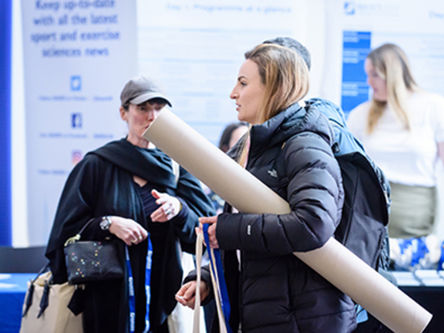
-
Attending
Attending a conference
A warm Scottish welcome awaits our delegates from around the world
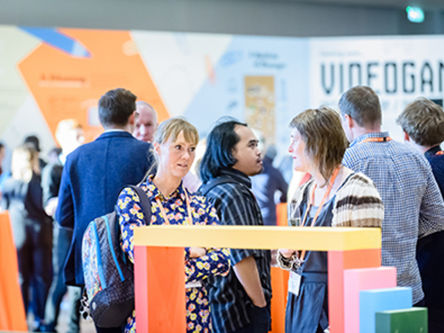
-
Impact
The impact of Business Events
Business Events facilitates and supports essential exchanges, integral to not only economic advancement, but societal development as a whole
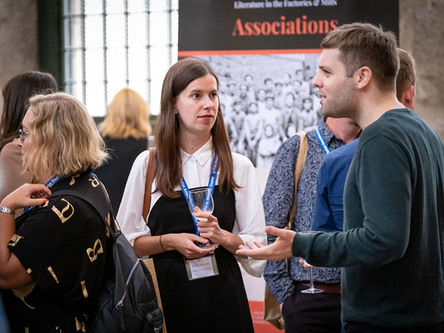
-
Pathfinders
Pathfinders
Advancing social and economic progress for Scotland and the region of Dundee, Angus, Fife and Perthshire
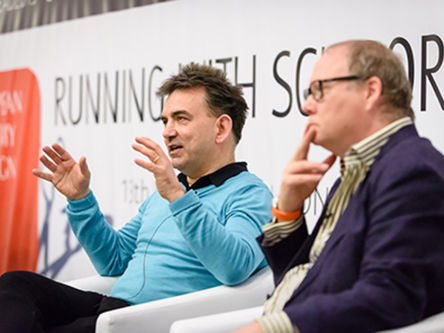
-
Partners
Bureau partnership
Work with us to deliver outstanding experiences
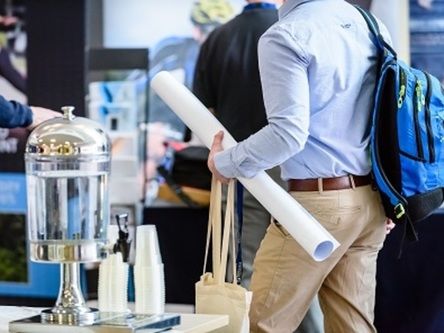
-
News


